

VULNERABILITY
Majority of the people practice subsistence farming. They hardly get credit facilities to expand their farms. This situation predisposes them to poverty. As a result they find it difficult to meet their social obligations like payment of taxes and school fees. Poverty is therefore wide spread in the district.
In view of the high illiteracy rate among farmers, agricultural research findings cannot be utilized to their advantage. The ratio of farmers to extension officers is high, therefore rendering farmers inaccessible to extension services.
The district faces a threat of HIV/AIDS infection because of its proximity to Obuasi, an area known to have high prevalence rate of 4.0% as against national prevalence rate of 3.1%. The hilly nature of the areas around Kusa, force drivers to pass the nights at Fomena and Kusa; such drivers can also spread the disease. An association of persons living with HIV/AIDS (PLWHAS) known as PRECIOUS LIFE has been formed at Asokwa. It is therefore a manifestation that, some communities like Asokwa, Fumso and Akrokerri are threatened with the pandemic. The district could therefore be at risk. The District Assembly would conduct a baseline survey on HIV/AIDS and step up a Behavioural Change Communication (BCC) as a strategy to control the spread of the disease.
Physical developments in the district did not make room for disability issues. Artificial barriers have inadvertently been created in the communities which impede movement of persons with disabilities (PWDS). PWDS are technically prevented from using public facilities like toilets and school buildings. The district will ensure that such artificial barriers are removed to allow easy movement. In line with the
Disability Law, the new District Assembly block has the necessary provisions that would facilitate easy movement by PWDS.
Indiscriminate felling of trees for lumber also poses a serious threat to the environment. The District Assembly would form a task force to clamp down chain saw operators in order to prevent further degradation of the environment.
The markets at Fumso, Bodwesango and Pipiiso are normally patronized by school children as porters. This truant behaviour affect teaching and learning in the schools. If this behaviour is not checked, the dropout rate will increase and eventually human resource development will adversely be affected. The district will have to enact bye-laws to control school children and oblige parents to be responsible to their wards.
Gender Issues
Hindrance to progress in the fight against gender discrimination include, lack of reliable data disaggregated by sex, the scarcity of financial and technical resources for women’s programmes and lack of representation in the political arena. Gender discrimination in the District will be addressed as stated in the Millennium Development Goals of promoting gender equality and empower women within the plan period. The District seeks to reduce by 15% disparity in primary and secondary schooling for the girl child.
Programmes such as economic empowerment in agriculture sector through credit facilities for women farmers, sensitization of women on domestic violence bills, disability bills and encouraging the women to accept public office in our local government structures would be pursued. More girl-child enrolment in second cycle and possibly third cycle schools/colleges would be pursued for them to serve as role models.
Date Created : 11/10/2017 5:42:05 AM



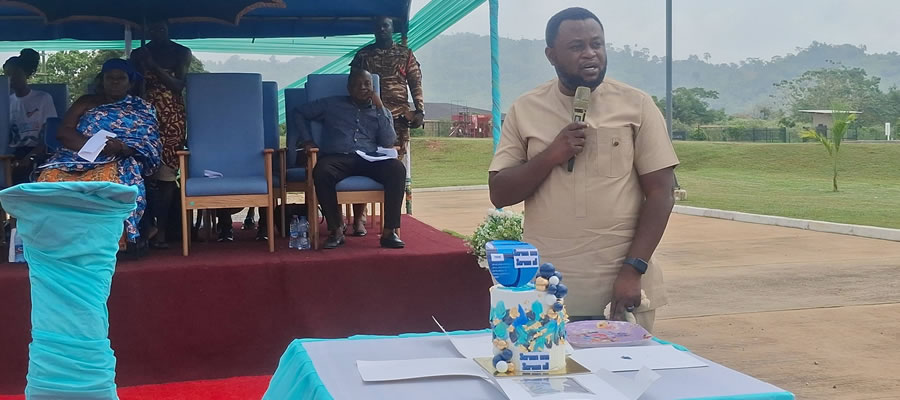
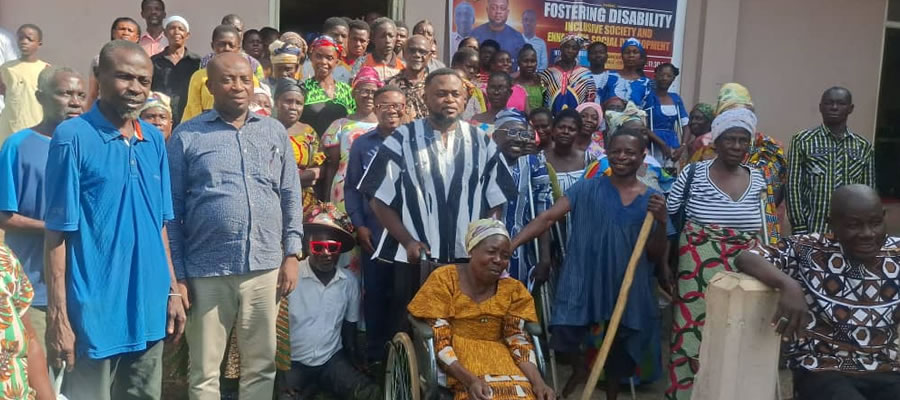
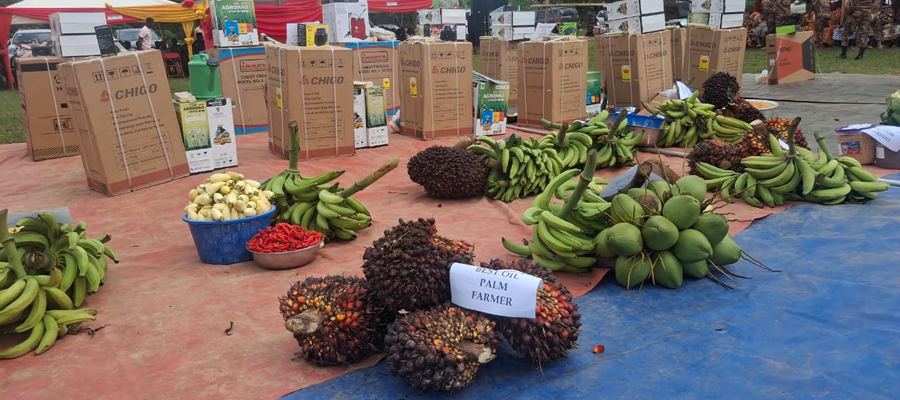
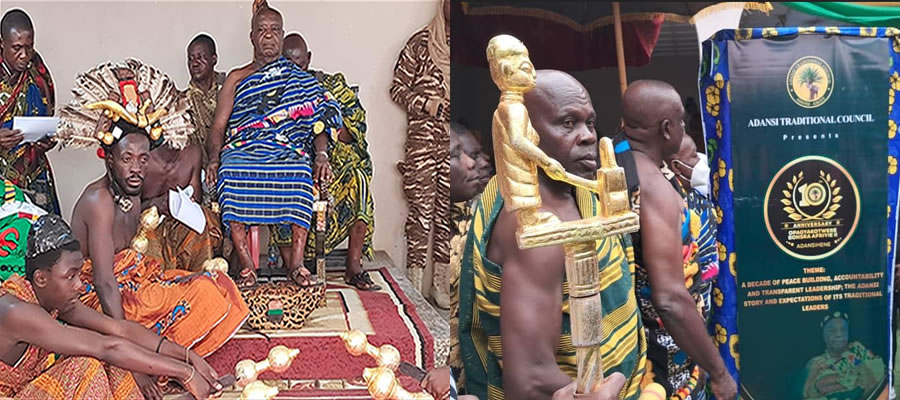
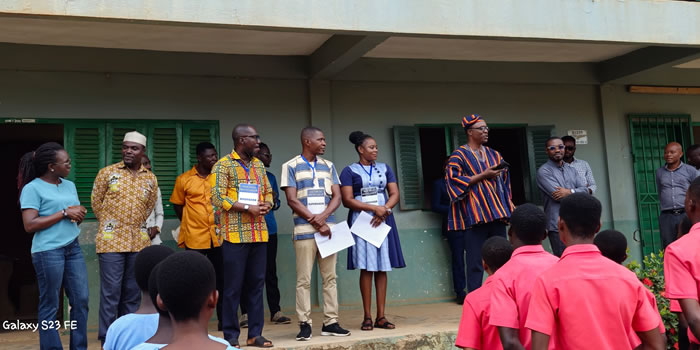





 facebook
facebook
 X
X
 Youtube
Youtube
 instagram
instagram
 +233 593 831 280
+233 593 831 280 0800 430 430
0800 430 430 GPS: GE-231-4383
GPS: GE-231-4383 info@ghanadistricts.com
info@ghanadistricts.com Box GP1044, Accra, Ghana
Box GP1044, Accra, Ghana